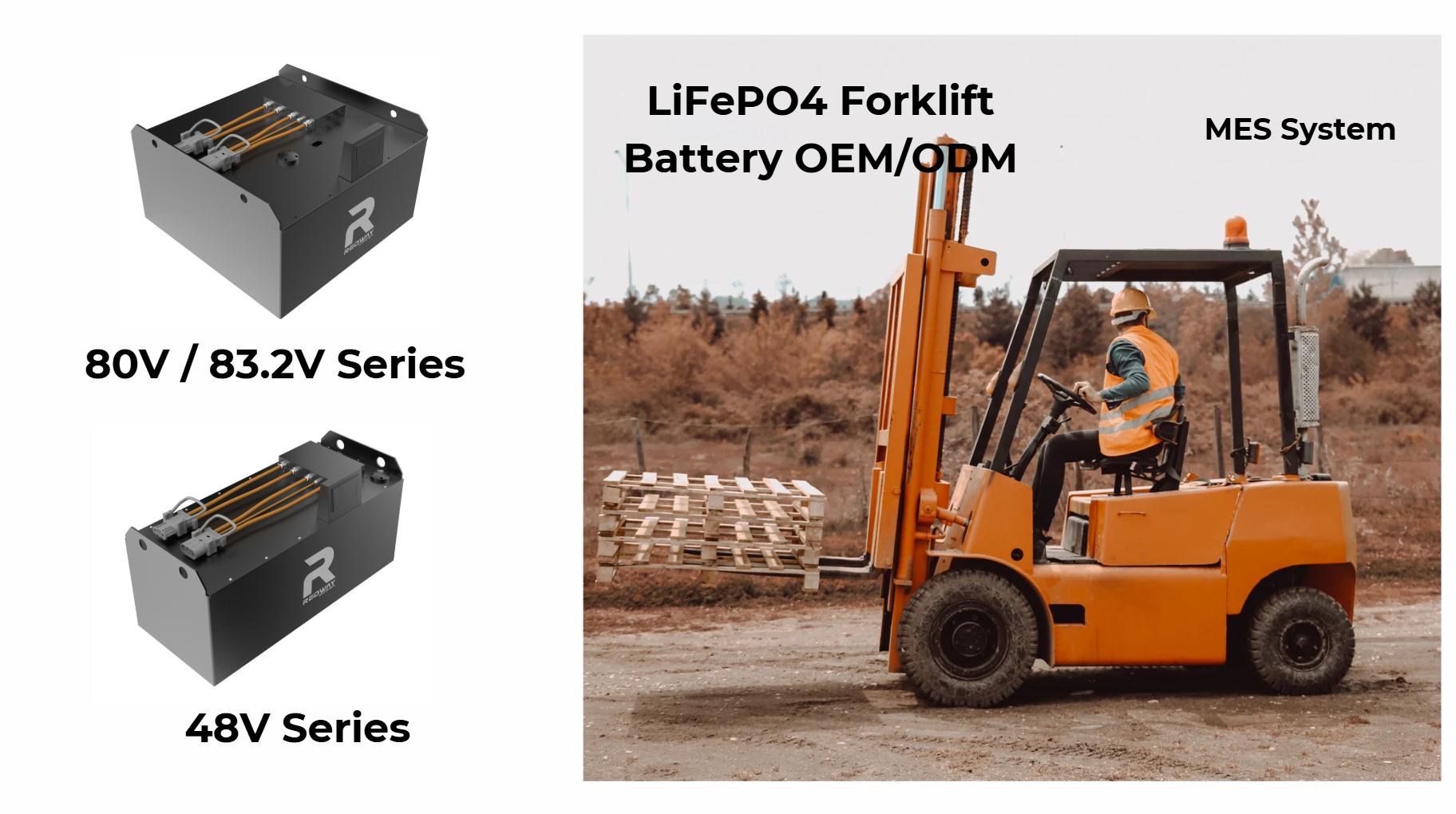
How to Ensure Effective Forklift Battery Maintenance and Solutions
Effective maintenance of your forklift battery is essential for ensuring optimal performance and longevity. Proper practices, including maintaining fluid levels and selecting the right charger, can significantly enhance battery life. This guide covers essential maintenance tips, common issues, and solutions related to forklift batteries.
What are the best practices for forklift battery maintenance?
Best practices for forklift battery maintenance include regularly inspecting for corrosion, maintaining proper fluid levels, monitoring temperature, scheduling semiannual servicing, and utilizing automated systems for tracking battery health. Keeping batteries clean and dry also helps prevent damage and prolongs their lifespan. Chart: Best Practices for Forklift Battery Maintenance
| Practice | Description |
|---|---|
| Regular Fluid Checks | Check fluid levels every two to three charges |
| Scheduled Charging | Charge after reaching 20% discharge |
| Routine Inspections | Inspect for damage or corrosion regularly |
How do you maintain fluid levels in forklift batteries?
To maintain fluid levels in forklift batteries, check the electrolyte level weekly and add distilled or deionized water as needed. Always fill the battery after charging to prevent overflow due to expansion. Ensure the water level is about ½ inch below the battery cap to avoid exposing the lead plates.
What electrolyte solution do forklift batteries contain?
Forklift batteries typically contain an electrolyte solution of diluted sulfuric acid mixed with water, usually around 37.5% sulfuric acid and 62.5% water. This solution is essential for conducting electricity within the battery and must be maintained at appropriate levels for optimal performance. Chart: Components of Forklift Battery Electrolyte
| Component | Function |
|---|---|
| Sulfuric Acid | Reacts with lead plates to produce electrical energy |
| Distilled Water | Maintains electrolyte levels and prevents buildup |
What common issues do forklift batteries face and what are their solutions?
Common issues with forklift batteries include insufficient charging, overcharging, and overheating. Solutions involve ensuring proper charger compatibility, regularly inspecting connections for corrosion, and maintaining adequate ventilation during charging. Scheduling routine maintenance can also help identify and resolve potential problems early. Chart: Common Issues with Forklift Batteries
| Issue | Symptoms | Solution |
|---|---|---|
| Sulfation | Reduced capacity | Perform equalization charging |
| Overcharging | Overheating | Adjust charger settings |
| Insufficient Charging | Rapid discharge | Verify charger compatibility and connections |
Why is it important to select the right forklift battery charger?
Selecting the right forklift battery charger is crucial as it ensures compatibility with the battery’s voltage and chemistry. An appropriate charger optimizes charging cycles, prevents overcharging, enhances battery life, and maintains performance, ultimately leading to reduced operational costs and increased efficiency.
How does proper charging impact forklift battery life?
Proper charging significantly impacts forklift battery life by preventing overcharging and undercharging, which can lead to damage. Following recommended charging practices helps maintain optimal electrolyte levels and temperature, ensuring that the battery operates efficiently and lasts longer while minimizing maintenance needs.
Expert Views
“Regular maintenance is not just about extending battery life; it’s about ensuring safety in operations,” says Mark Thompson, a logistics expert with over 15 years in material handling solutions. “Understanding how to care for your forklift batteries can save costs and enhance productivity.”
Frequently Asked Questions
- What should I do if my forklift battery is not holding a charge?
Check for sulfation buildup or consider replacing the charger if it’s not compatible with your battery. - How often should I check my forklift’s battery fluid levels?
Fluid levels should be checked after every two to three charges. - What happens if I overcharge my forklift battery?
Overcharging can lead to overheating and reduced lifespan due to damage from excessive heat. - Is it necessary to use distilled water in my forklift battery?
Yes, distilled water prevents mineral buildup that can harm battery performance.
In conclusion, effective maintenance of your forklift batteries, including monitoring fluid levels, using appropriate chargers, and addressing common issues promptly, is essential for maximizing their lifespan and performance. By following these guidelines, you ensure that your operations run smoothly without unnecessary interruptions.
